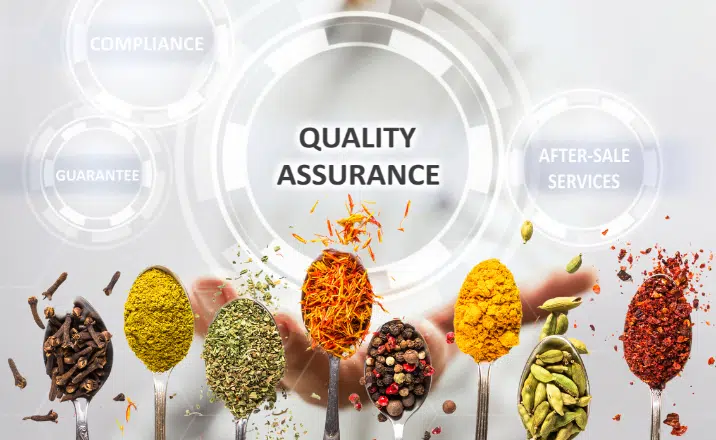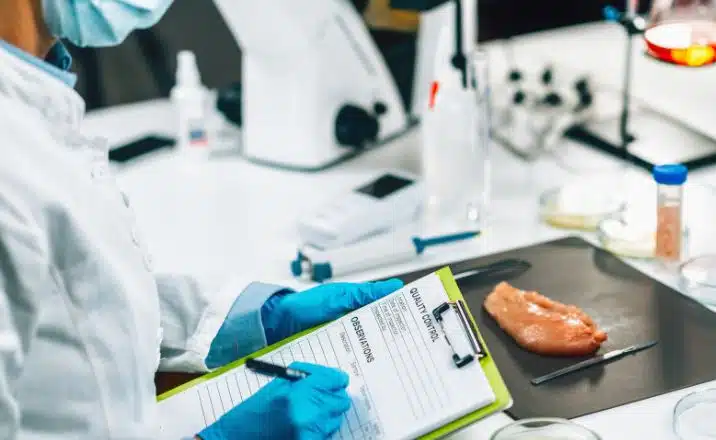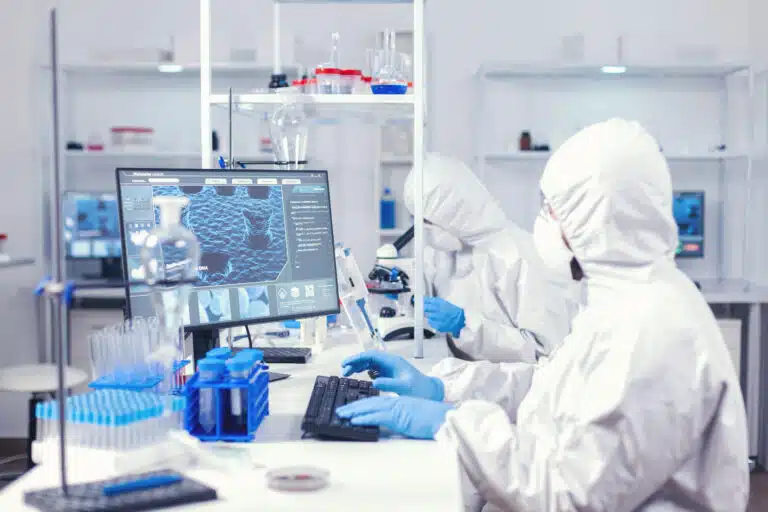Ensuring Quality and Safety in the Spice Aisle with Proficiency Testing
The rich aromas and flavors of herbs and spices have been beloved across cultures for centuries, enhancing dishes with unique and enticing notes. While these dried are invaluable in culinary arts, they can potentially harbor harmful microorganisms if improperly handled. As a testing laboratory in the food industry, it’s critical to have robust quality assurance processes in place to detect such contaminants and safeguard consumer health and trust.
This is where proficiency testing serves as an invaluable tool to validate your laboratory’s competence and analytical capabilities.
The Spice Safety Challenge
Spices are particularly susceptible to microbial contamination due to their low moisture content, which allows pathogens like Salmonella to persist for extended periods. The inherent risks are amplified by the fact that spices are often added towards the end of food preparation, bypassing the “kill step” of cooking that neutralizes pathogens.
Salmonella outbreaks linked to various spices like black pepper, paprika, and even dried basil have sparked recalls and heightened food safety concerns globally. These incidents underscore the importance of having stringent testing protocols and validated methods to ensure spice safety.
Proficiency testing equips laboratories to highlight their strengths in testing Salmonella & other food pathogens. This validation is crucial for spice manufacturers, suppliers, exporters, and food testing labs to comply with FSSAI, and export regulations and uphold public safety.
Spices testing as per FSSAI
The Food Safety and Standards (Food Products Standards and Food Additives) Regulations, 2011, Tables 3A and 3B, define the microbiological acceptability criteria for spices and condiments at the end of manufacturing and throughout their shelf life.
These standards mandate the absence of pathogens like Salmonella and set limits for other microbiological parameters like total plate count, yeast, and mould counts. Non-compliance can lead to disciplinary actions, product recalls, and irreparable damage to brand reputation in the domestic market.
The Road to Accreditation & Competency Evaluation
As food safety takes centre stage, consumers rightfully expect the utmost diligence in ensuring the safety of their beloved spices and herbs. Participating in proficiency testing programs is a vital requirement for testing laboratories to gain or maintain accreditation to the ISO/IEC 17025 standard, monitor their performance against an industry benchmark, identify potential issues, implement corrective measures, and continually improve their testing processes. It serves as a powerful tool for competency evaluation and ongoing improvement.
Envirocare Labs PT Cell offers comprehensive schemes to evaluate laboratories quantitative enumeration and detection capabilities for key microbiological parameters like Total Plate Count, Enterobacteriaceae, Yeast & Mold, Staphylococcus aureus, Bacillus cereus, and Salmonella. Assessing performance across this wide range of microbes provides a holistic quality check on spice and herb testing competence.
By participating in Envirocare Labs PT program, testing laboratories can fortify their credibility, protect brand reputation, and contribute to a more robust industry focused on delivering quality spices free from microbial hazards.
Click here to register for our PT programs.





